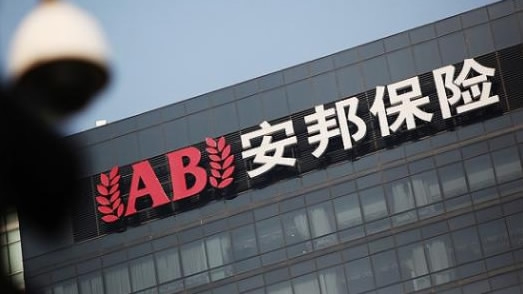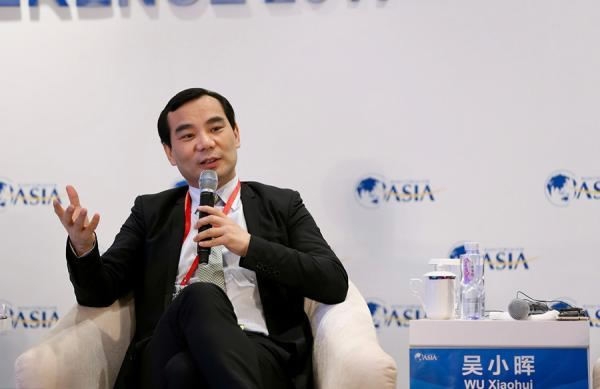
Business
16:29, 01-Aug-2017
China’s Anbang denies sell-off of foreign assets

Chinese conglomerate Anbang Insurance Group has denied that it is planning to sell off any of its foreign assets, after a media report that it was under government pressure to do so.
On Monday, Bloomberg quoted sources saying Chinese authorities had asked Anbang to sell its offshore assets, which include the Waldorf Astoria in New York, amid tougher scrutiny on big overseas debt-funded deals.
However, a spokesperson for Anbang told China's Securities Times that it had not received any official requests to sell any of its foreign assets.

Anbang chairman Wu Xiaohui /Chinanews Photo
Anbang chairman Wu Xiaohui /Chinanews Photo
Wu Xiaohui, Anbang’s chairman, was detained in June. He has been portrayed as one of China's most aggressive foreign buyers after purchases of big names such as Delta Lloyd Bank in Brussels and Tongyang Life Insurance from South Korea.
Chinese magazine Caijing reported in June that Wu had been arrested, while Anbang responded hours later saying the company chief could not perform his duties for "personal reasons" and other executives would take over his work.
China's banking regulator, the China Banking Regulatory Commission, ordered a group of commercial banks to assess their exposure to offshore purchases by a handful of acquisitive Chinese corporate groups in June.
Chinese authorities have been emphasizing prevention of systemic risk recently, with Chinese President Xi Jinping saying in a July 15 meeting that preventing risks would be an “eternal them” of financial work and a new financial supervisory body under the State Council being formed shortly after.

China is concerned about systemic financial risks. /Hexun.com Photo
China is concerned about systemic financial risks. /Hexun.com Photo
China's overseas investment slowed down significantly in the first half of 2017. Outbound investment dropped by 42.9 percent year on year to 331.1 billion yuan (49.2 billion US dollars), according to official figures.
"We have tightened reviews of authenticity and regulation compliance on overseas investment, hoping to guide more investment into the real economy and to reduce investment in sectors such as real estate, hotels, entertainment and sports," said Qian Keming, vice minister of commerce, at a press conference on the data.

SITEMAP
Copyright © 2018 CGTN. Beijing ICP prepared NO.16065310-3
Copyright © 2018 CGTN. Beijing ICP prepared NO.16065310-3